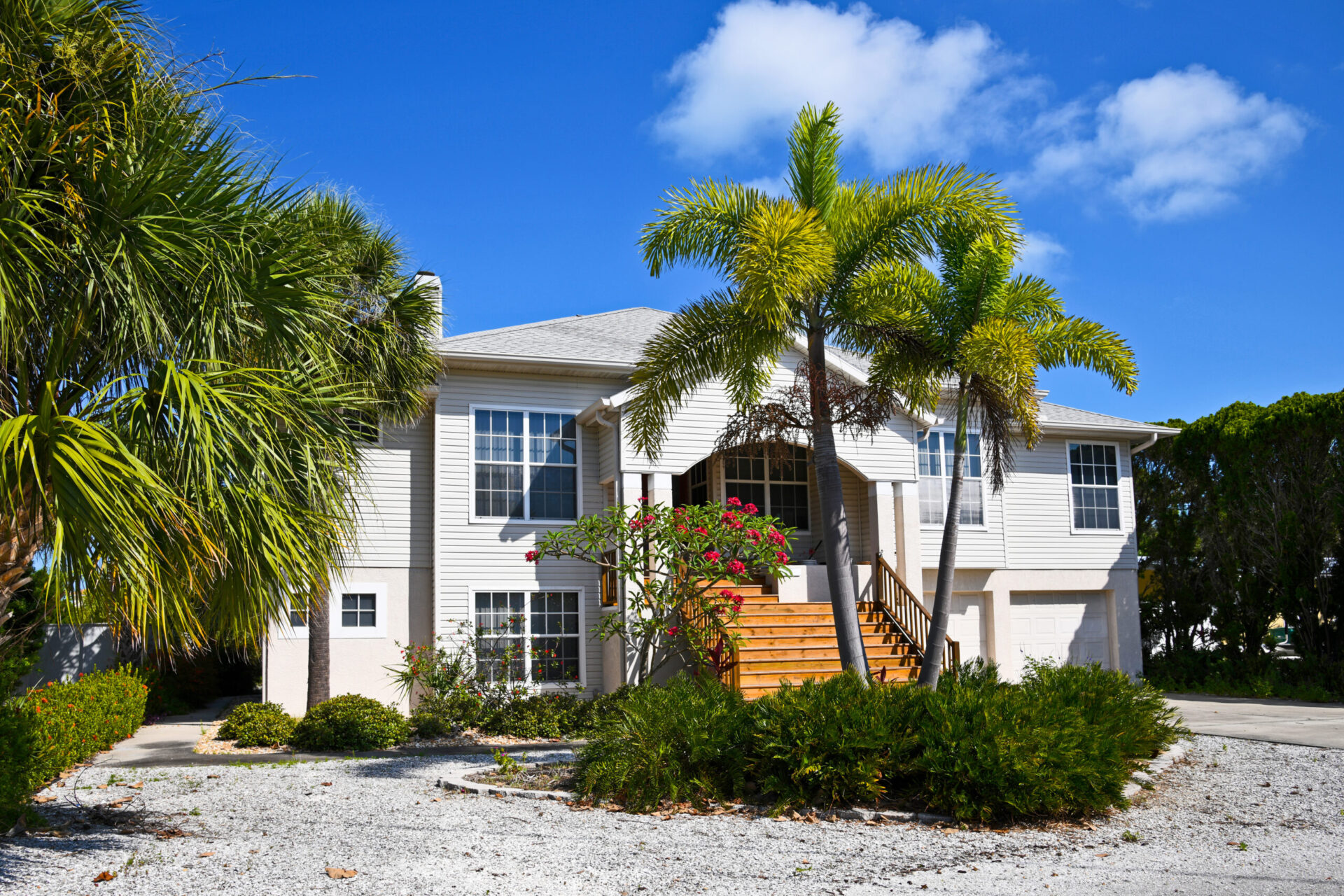Americans are aware of the risks to coastal communities posed by climate change but keep flocking there anyway, proving lifestyle outweighs the future value of their homes — for now.
In a survey of 2,000 consumers, 51% of homeowners said they are worried about how increasing global temperatures will impact their homes.
Though drought and fire concerned homeowners, the most distressing possibilities were water damage. Severe storms were the most common concern, followed by hurricanes and flooding.
When it comes to coastal properties, a whopping 38% are convinced they will become uninhabitable. An additional 47% think they will be “liveable but less valuable.”
But Americans are still moving to sunny, storm-prone Florida in droves, even though they claim to understand the risks. The Florida Chamber Foundation predicts another 225,000-275,000 newcomers in 2024.
What gives?
Hurricane Ian destroyed most of Fort Meyers, FL, and caused an estimated $112 billion in damage in 2022, but the housing market stayed hot in the immediate aftermath.
“It’s pretty much business as usual,” Kelly Baldwin, a real estate agent, told the Wall Street Journal at the time. “I haven’t had anyone reach out who wants to stop their home search.”
That mentality persists despite worsening conditions. Hurricanes are becoming stronger, faster, and more unpredictable, creating especially bad flooding, a major home destroyer. But affordability and lifestyle continue to outweigh these risks in homebuyers’ minds.
“People are seemingly undeterred. The impact of affordability, availability of jobs, and economic health of an area just trumps [climate risks] by orders of magnitude,” Adam Kamins, senior director at Moody’s Analytics, told Barron’s.
That said, moving in doesn’t mean all homeowners will stay. Newsweek interviewed Floridians who picked the state for its low cost of living and relaxed lifestyle but moved once reality set in. Fluctuating insurance premiums and the pressures of living through storms changed their perceptions of their dream getaway.
Insurance is a primary driver for those leaving Florida. Across all homeowners, 70% expect insurance to increase due to climate change risks, and 21% say their costs have already been impacted.
Construction costs are soaring in the post-pandemic world, bumping up insurance as the cost of reconstructing a flattened home increases. The cost of building a house is up 40% from 2017. Plus, Florida experiences the most litigation related to insurance thanks to the preponderance of storm damage.
The state accounts for about 7% of the U.S. homeowners’ insurance market but produces 75% of all litigation from homeowners.
Read More Articles:
No Day At The Beach: Coastal Homes Are At Risk From Flooding
How Much Should Buyers Put Down On A House?
Land Gorilla CEO Says Technology Can Make Construction Lending More Profitable
Sign up for our free newsletter.
